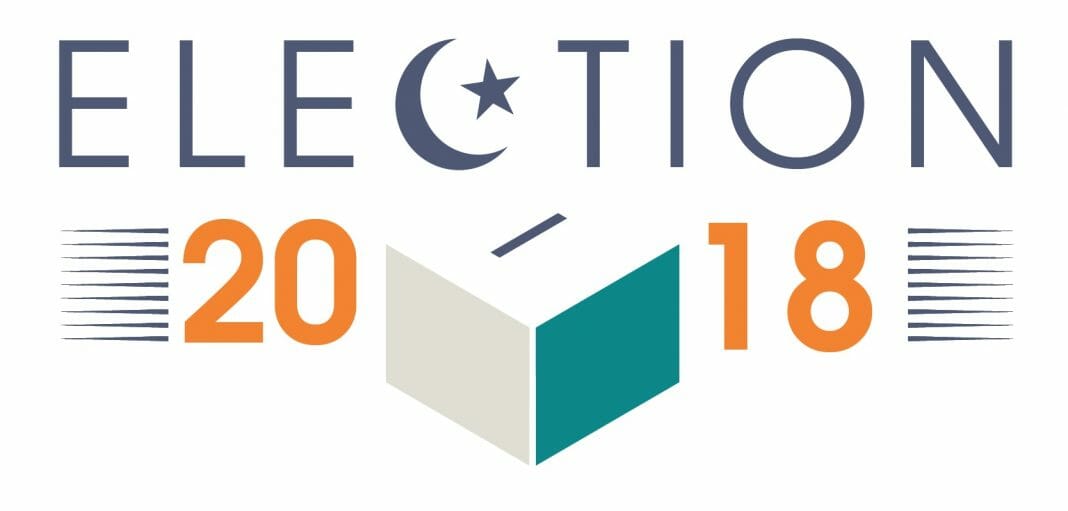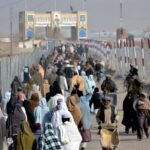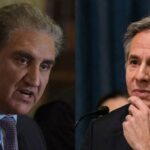We know that the purpose of elections is too elect the people’s representatives to the parliament. In order to give a fair representation to each region, there are certain rules that are part and parcel of the election process across the world. An adherence to the election laws and processes such as voter registration, access to polling offices, security of voters, transparency, officiating and delimitation are a must to conduct a free and fair election.
The delimitation is the process of drawing of electoral district boundaries. As per Election Standards at the Carter Center:
“Boundary delimitation is the process for determining the boundaries of electoral districts as well as the process for determining the number of elected seats per constituency. Boundary delimitation is an important means of ensuring equality in the weight of votes as well as representation in the electoral body, particularly with shifts in the size and makeup of voting populations.”
In the 2018 elections, the province of Sindh was robbed of a fair election. Due to an unfair delimitation process, there were there was a Massive fraud in Sindh elections. Here is a breakdown of seats won by the political parties in the provincial election and the percentage of votes that each party received.
As per FAFEN:
This means that the PPP won 75 seats with 38% of vote share but its opponents won only 50 seats with 43% of vote share.
3
Massive Election Fraud – Sindh DIDN’T vote for PPP Let’s look at the chart below to understand the breakdown of votes and seats:
The above chart shows a biased delimitation grossly in favor of the PPP. How can one party win 75 seats with 38% of vote share while the combined opposition gets only 50 seats with 43% of vote share?
This shows that Sindh didn’t vote for the PPP.
We all know the answer, it is the corrupt and dysfunctional system. As a result, the people in Sindh remain enslaved to the corrupt ruling elite that plays Sindh card every single time there is an attempt to reform the electoral process. The sole purpose of the election in the province of Sindh is to validate the rule of the PPP.
There is no evidence of corruption therefore it must be sheer incompetence on part of the ECP.
- How long are the people of Sindh going to suffer?
- When is the ECP and the electoral process going to be reformed?
- Why similar issues are not present in other provinces?
Officiating of the elections also plays a key role in Sindh elections. As per the Election Act 2017, the Election Commission will:
• appoint District Returning Officer (DRO), Returning Officer (RO) and Assistant Returning Officer (ARO) from –
o its own officers,
o a list of officers provided by the Government
o from the judiciary with consultation of Chief Justice of the concerned High Court
The ROs then appoints the Presiding Officer and Polling Officers that play a key role in officiating a fair and free election. In most cases, the ECP appoints officers from the concerned province and, also appoints teachers from provincial education department.
In Sindh, this is a recipe for disaster. As we all know, the PPP lead Sindh govt has hired party workers as govt officials and teachers. These officials and teachers, as Returning Officers/Presiding Officer/Polling Officers, ensure that the election result is a guaranteed victory for the PPP.
There have been many futile investigations and empty promises of reform, but no action has been taken by the ECP.
Proposed Solutions:
Here are some proposed solutions to fix the electoral process so that people of Pakistan can enjoy the fruits of a stable democracy.
- The post of Chief Election Commissioner (CEC) shall not be limited to judges or govt officials. The post shall be filled by any qualified Pakistani citizen.
- The CEC must be selected by the Parliament from a panel of at least six candidates.
- The DRO, RO and ARO must be employees of the ECP.
- The posts of Presiding Officer and Polling Officers must also be employees of the
ECP. - During the non-election period, surplus staff of the ECP may support activities at
NADRA, NDMA, Polio campaigns etc. - Training and continued education must be mandatory for all officials of the ECP.
- These officials play a fundamental role in continuation of democracy therefore, the
pay and perks of the ECP should be very attractive. - Without delay, legal experts and parliamentarians should propose reforms for the
election process in Pakistan. - New elections must be conducted in Sindh after proper delimitation.
There can be many more changes and reforms for the ECP. The future of Pakistan is tied to a stable democracy. Let’s hope that the govt of Pakistan will deliver on its promise of Naya Pakistan.
Imran Siddiqui is an experienced analyst in the field of geo-politics, defence projects and economy. He holds a degree in Finance from University of Houston.
Imran has helped former President Gen. Musharraf to set-up his political party in North America. He regularly contributes to geopolitics and defense analysis and firmly believes in economic stability as the key to defeat global extremism.








